These trailblazers redefined music, fashion, and culture in ways that still inspire us today.
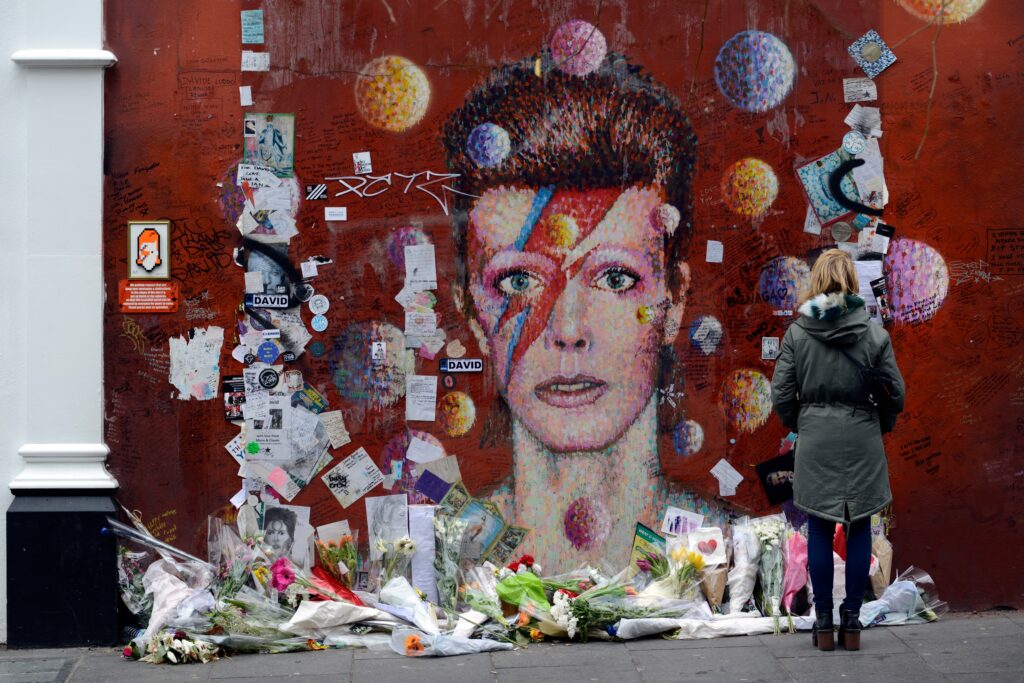
The 1970s were wild, unpredictable, and downright unforgettable. It was a decade of disco balls, daring fashion, and voices that refused to be silenced. Cultural icons weren’t just celebrities—they were changemakers who broke the rules and set the world on fire with their creativity and courage.
Their impact went far beyond their art, music, and movements, shaping the way we see the world today. Ready to take a walk down memory lane? Here are 12 of the legends who defined the era.
1. David Bowie Redefined Music, Fashion, and Identity
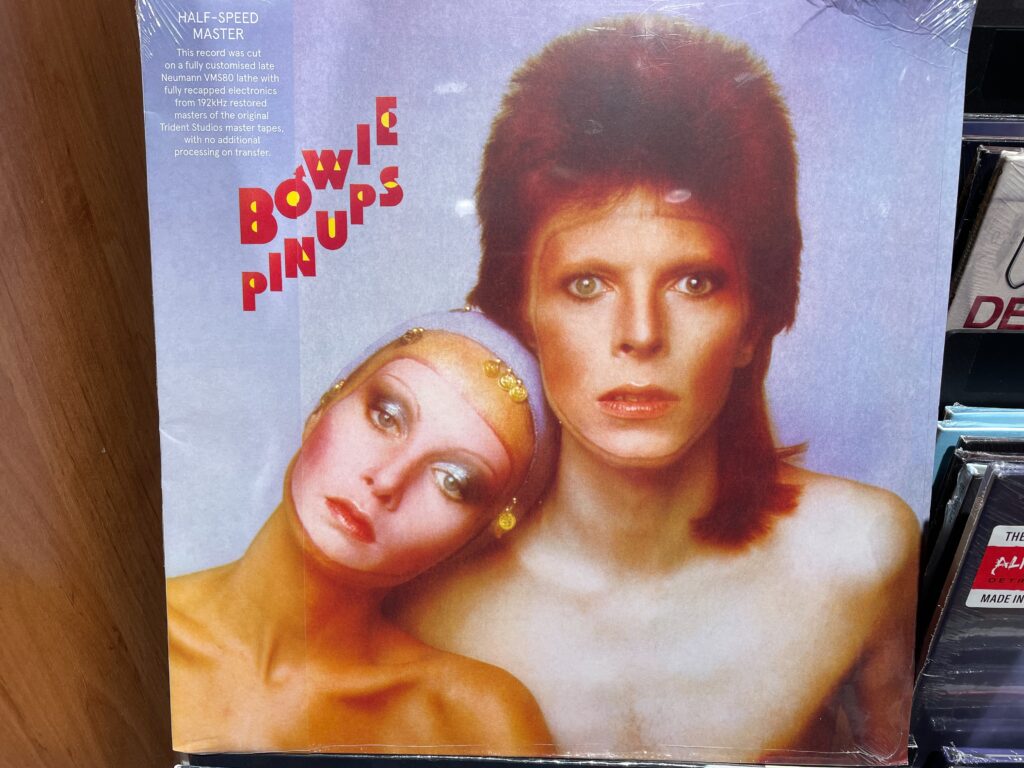
David Bowie was the ultimate trailblazer of the 1970s, constantly reinventing himself and challenging the status quo. From his androgynous glam-rock persona Ziggy Stardust to the hauntingly beautiful “Heroes,” Bowie proved that creativity had no limits.
According to BBC, his fearless exploration of self-expression inspired a generation to embrace individuality. Whether through his music, fashion, or cultural influence, Bowie wasn’t just a star—he was a universe all his own, and his impact still resonates across generations.
2. Farrah Fawcett Became the Face of 1970s Feminine Power
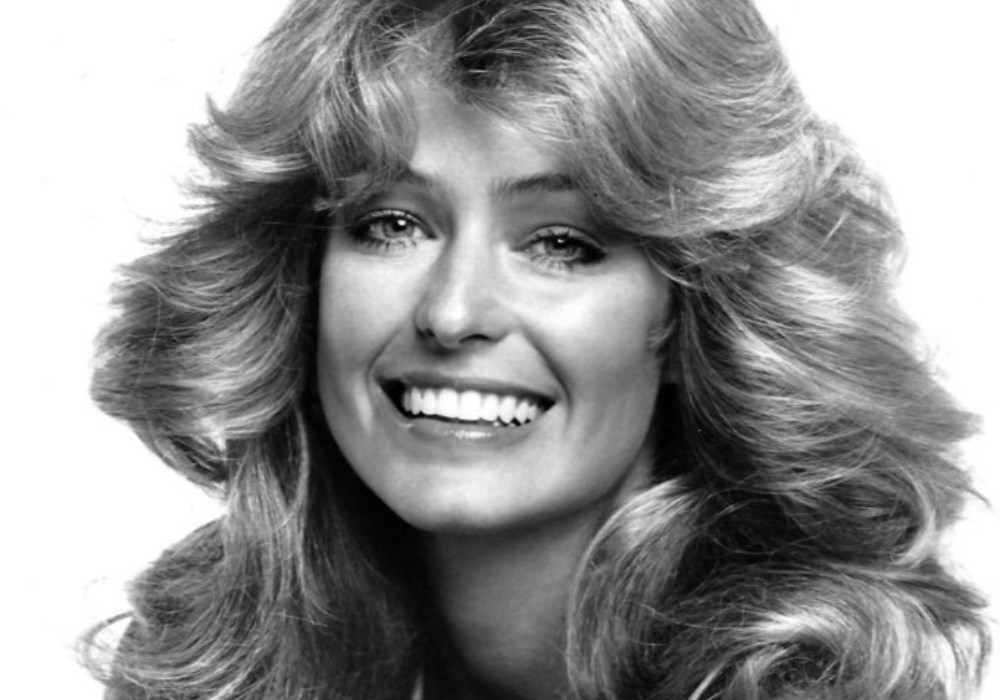
Farrah Fawcett was the ultimate symbol of glamour, independence, and strength. Her role in Charlie’s Angels made her a household name, but her impact went far beyond television. Farrah’s feathered hairstyle became a global phenomenon, and her iconic poster sold millions, cementing her status as a cultural icon. More than a beauty, she inspired women to embrace their individuality and take control of their narratives. Farrah’s charm and poise defined the 1970s and left a lasting legacy.
3. Stevie Wonder Made Music a Force for Change
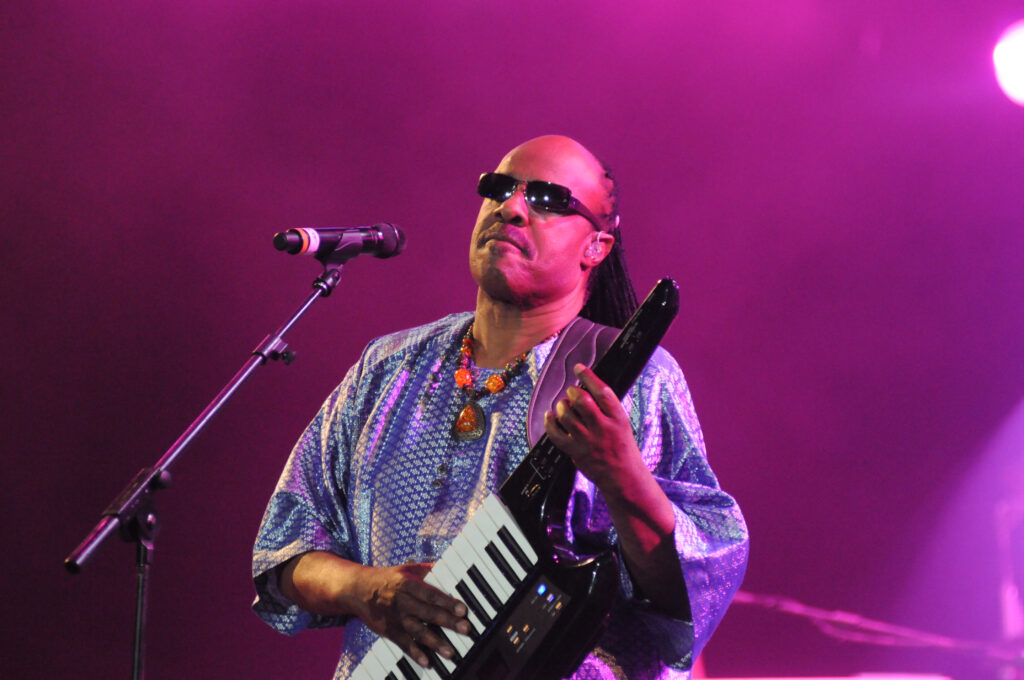
Stevie Wonder’s 1970s masterpieces weren’t just albums—they were experiences. With classics like “Superstition” and “Isn’t She Lovely,” Stevie combined soulful grooves with powerful messages about love, hope, and justice. His groundbreaking albums, including “Songs in the Key of Life,” showcased his unmatched talent as a musician and lyricist. Blind since infancy, Stevie showed the world that true vision comes from the heart. His music wasn’t just entertainment—it was a call to action and a celebration of life.
4. Andy Warhol Turned Pop Culture Into High Art
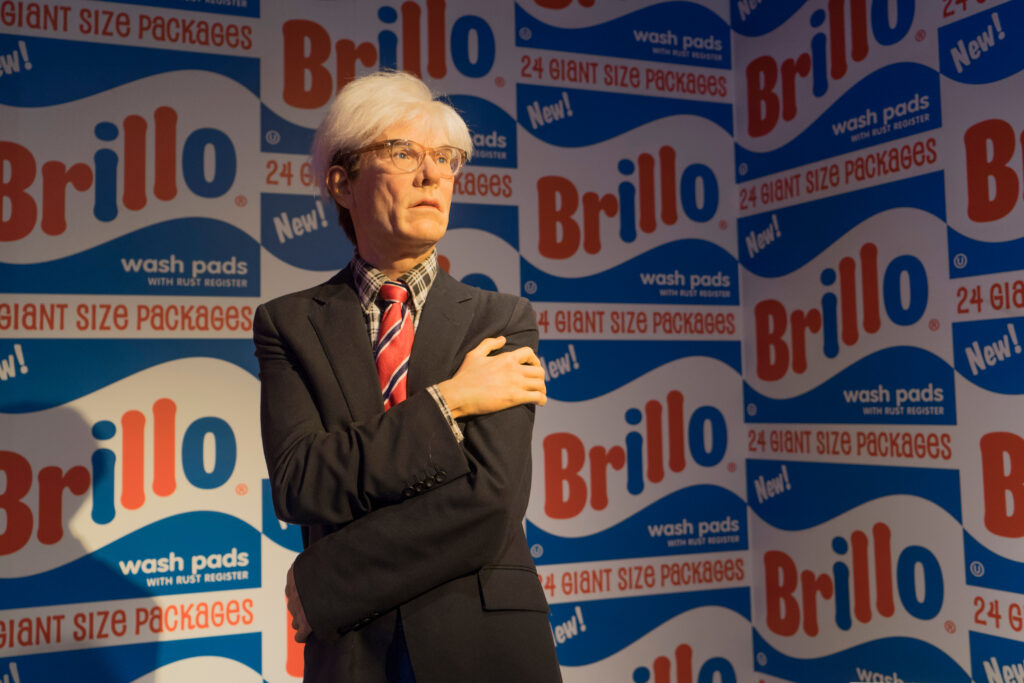
Andy Warhol revolutionized the art world in the 1970s, turning everyday objects like soup cans and celebrity portraits into iconic pieces. His Pop Art movement challenged traditional ideas of art and made creativity accessible to everyone. Warhol’s studio, The Factory, became a hub for artists, musicians, and cultural innovators, blending the lines between high and low culture. His influence extended far beyond galleries, shaping modern advertising, fashion, and celebrity culture. Warhol didn’t just make art—he made art history.
5. Elton John Turned Every Song Into a Spectacle
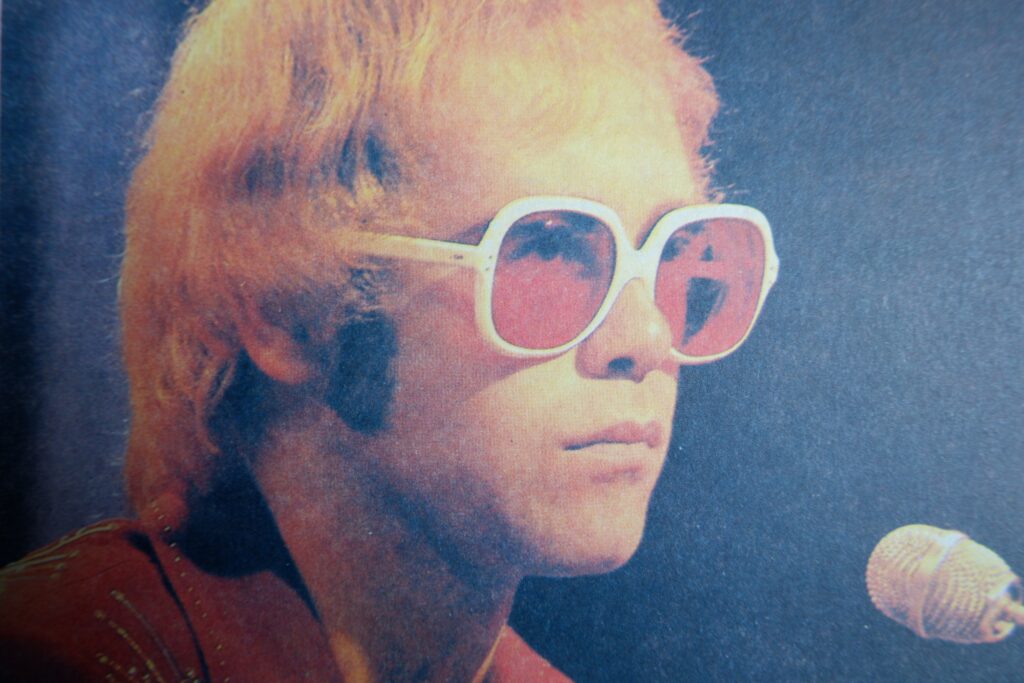
Elton John owned the 1970s with his flamboyant style, theatrical performances, and timeless music. Hits like “Rocket Man” and “Bennie and the Jets” cemented his status as one of the greatest singer-songwriters of all time. But Elton wasn’t just about the music—his glittering costumes and fearless individuality made him a cultural icon. His ability to connect deeply with audiences through heartfelt lyrics and dazzling showmanship ensured his legacy as a true legend of the decade.
6. Muhammad Ali Proved That Courage Goes Beyond the Ring
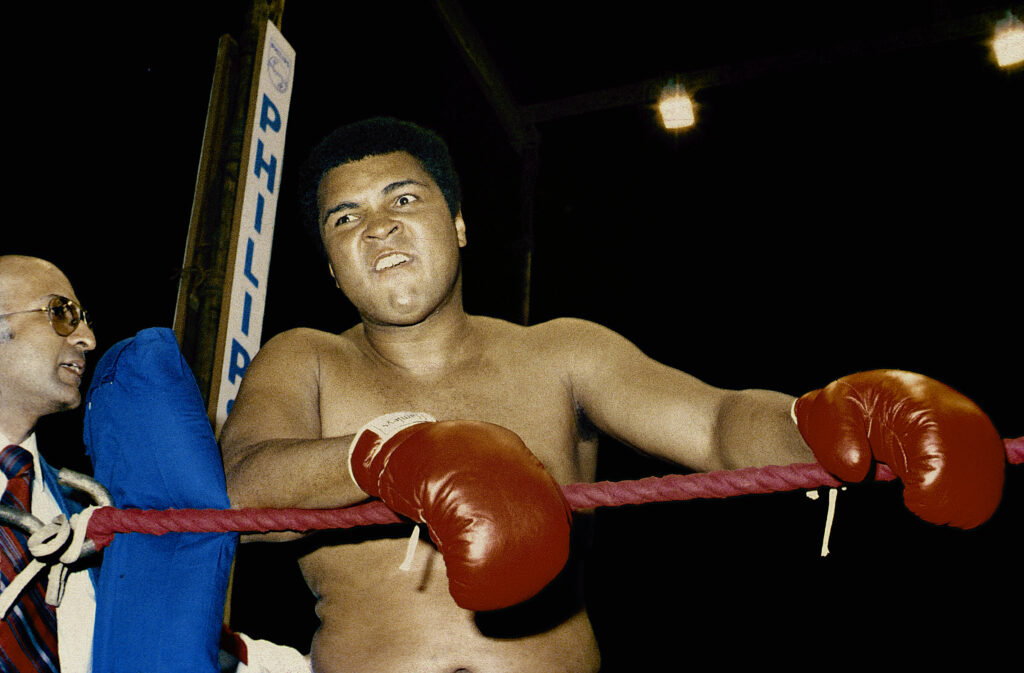
Muhammad Ali wasn’t just the greatest boxer of all time—he was a voice for justice and change. Known for his quick wit and lightning-fast punches, Ali became a global icon in the 1970s. His refusal to serve in the Vietnam War and his advocacy for civil rights made him a symbol of courage and conviction. Ali inspired millions by standing up for his beliefs, even at great personal cost. He wasn’t just a fighter—he was a force of nature.
7. Jane Fonda Showed That Stardom Could Drive Social Change
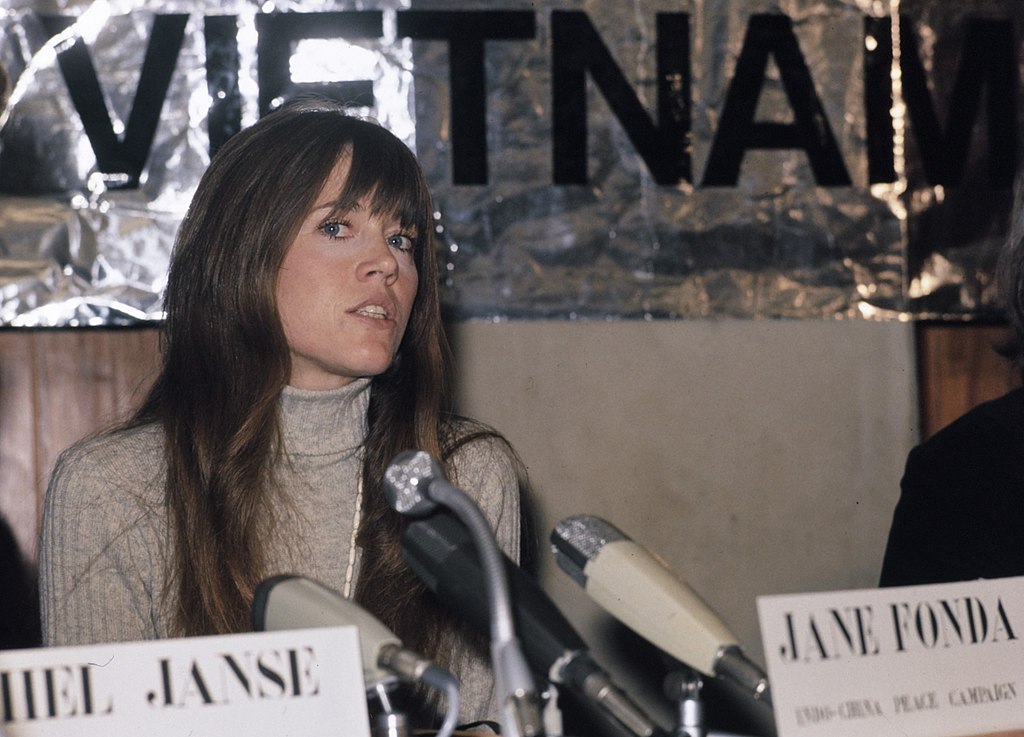
Jane Fonda wasn’t content to just be a Hollywood star—she used her fame to fight for what she believed in. In the 1970s, she won two Academy Awards while becoming a vocal activist against the Vietnam War and for women’s rights. Her boldness made her a polarizing figure, but she never shied away from controversy. Beyond her activism, Jane revolutionized fitness culture with her workout videos, proving that stars could inspire change on and off the screen.
8. Freddie Mercury Made Queen the Soundtrack of a Generation
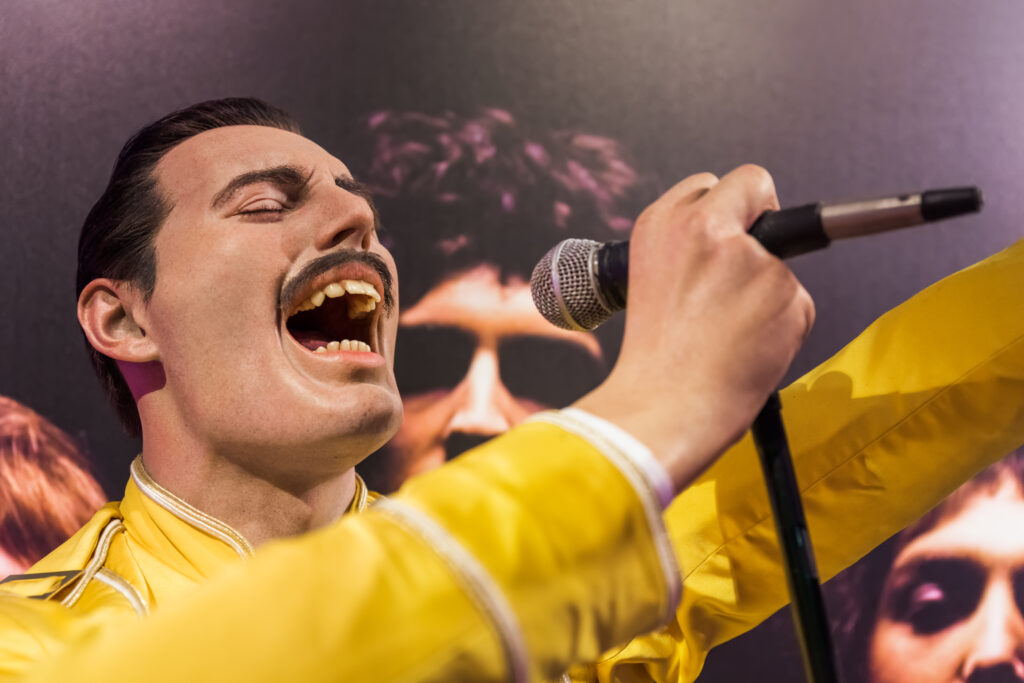
Freddie Mercury wasn’t just a performer—he was a phenomenon. As Queen’s charismatic frontman, Freddie captivated audiences with his powerful voice and theatrical stage presence. Hits like “Bohemian Rhapsody” and “We Are the Champions” became anthems of the 1970s, blending rock, opera, and pure magic. Freddie’s unapologetic individuality and creative genius inspired millions to embrace their true selves. His legacy as one of the greatest rock legends of all time continues to electrify fans around the world.
9. Gloria Steinem Became the Voice of the Feminist Movement
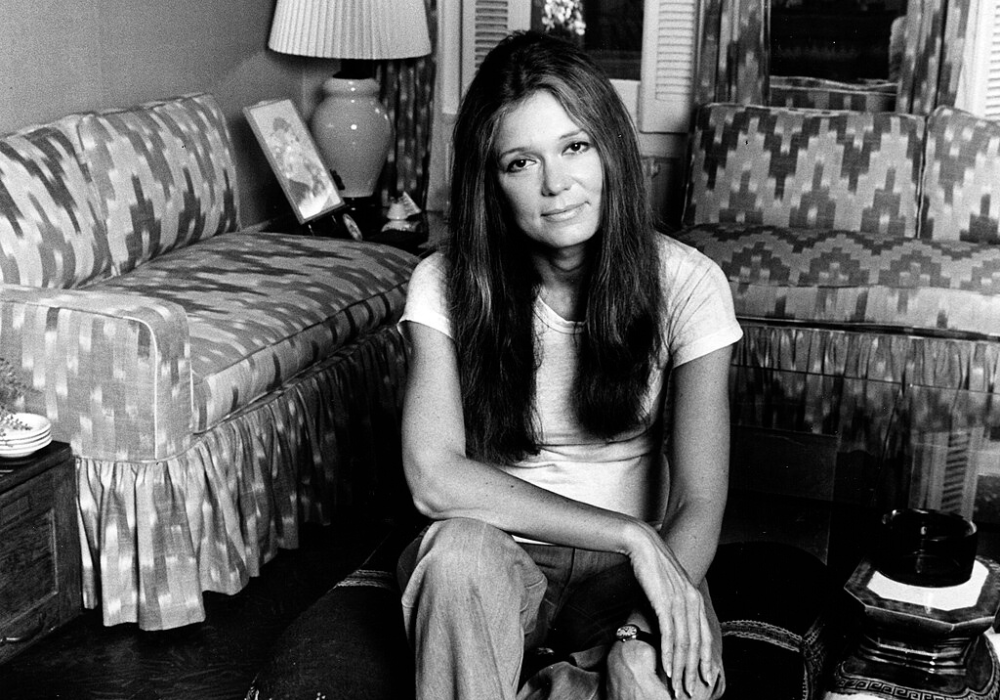
Gloria Steinem was the face of women’s liberation in the 1970s, using her eloquence and courage to challenge societal norms. As the co-founder of Ms. Magazine and a tireless advocate for gender equality, Gloria inspired women to demand their rights and own their power. She tackled tough topics like reproductive freedom and workplace discrimination with grace and grit. Gloria wasn’t just a feminist icon—she was a cultural force who empowered a generation to dream bigger.
10. Diana Ross Became the Definition of Glamour and Talent
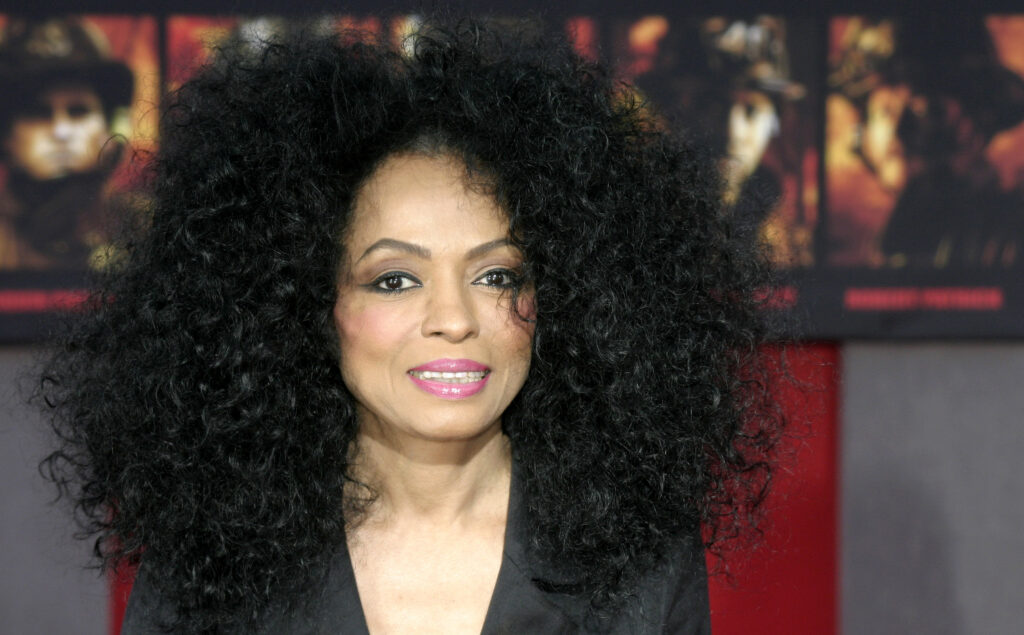
Diana Ross was the ultimate superstar of the 1970s, transitioning from her Motown roots with The Supremes to a dazzling solo career. With hits like “Ain’t No Mountain High Enough” and “Touch Me in the Morning,” Diana’s voice became synonymous with soul and elegance. Her electrifying performances and glamorous style set her apart as an icon of the era. Diana wasn’t just a singer—she was an inspiration, showing the world what it meant to shine unapologetically.
11. Billie Jean King Proved Women Could Rule the Court and Beyond
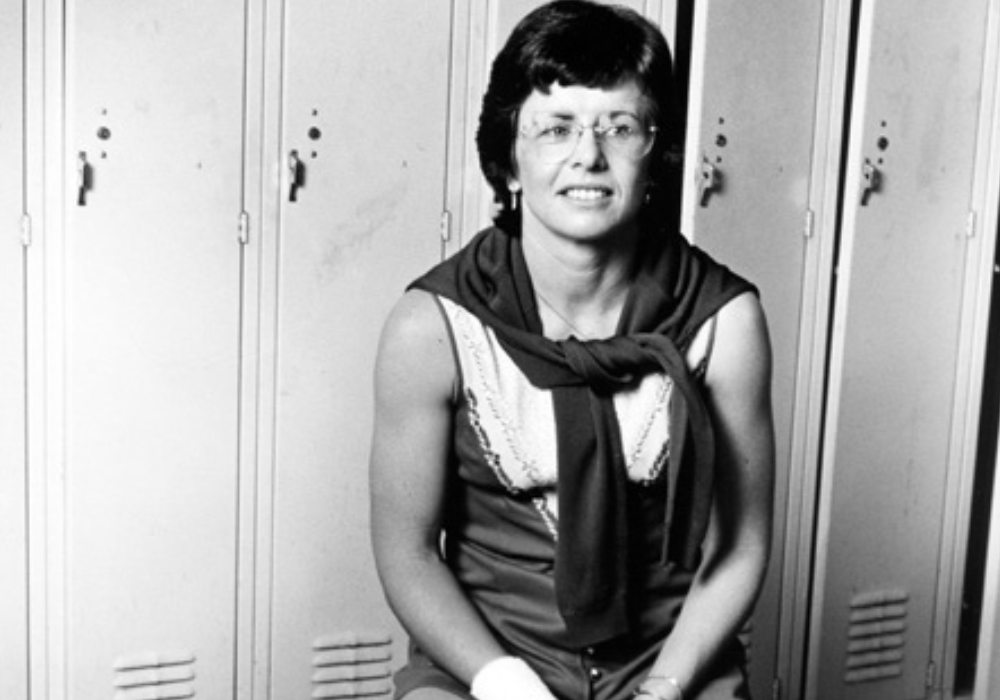
Billie Jean King wasn’t just a tennis legend—she was a trailblazer for gender equality. Her historic win against Bobby Riggs in the 1973 “Battle of the Sexes” wasn’t just a match; it was a statement. Billie Jean used her platform to advocate for equal pay and opportunities for female athletes, inspiring generations to fight for fairness. She showed that sports could be a powerful tool for change, proving that women could dominate on and off the court.
12. John Lennon Gave the World a Vision of Peace and Hope
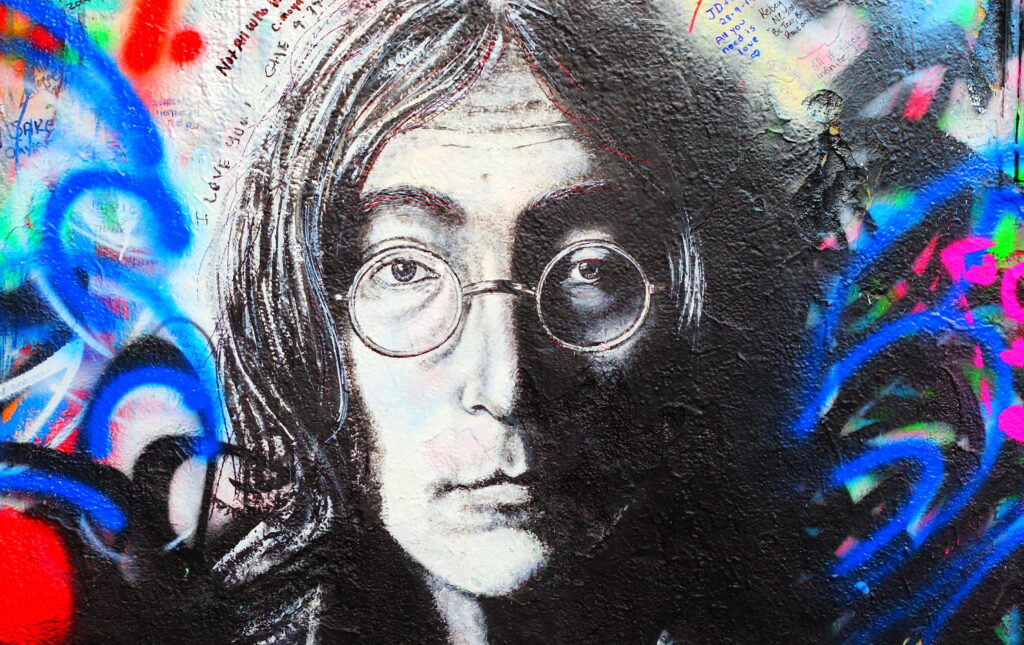
Even after leaving The Beatles, John Lennon continued to shape the 1970s with his music and activism. His anthem “Imagine” became a timeless call for peace, unity, and hope. Lennon used his fame to speak out against war and injustice, often collaborating with Yoko Ono to promote messages of love and understanding. His ability to connect deeply with people through his lyrics and actions made him a voice for a generation. Lennon’s legacy remains as powerful as ever.
